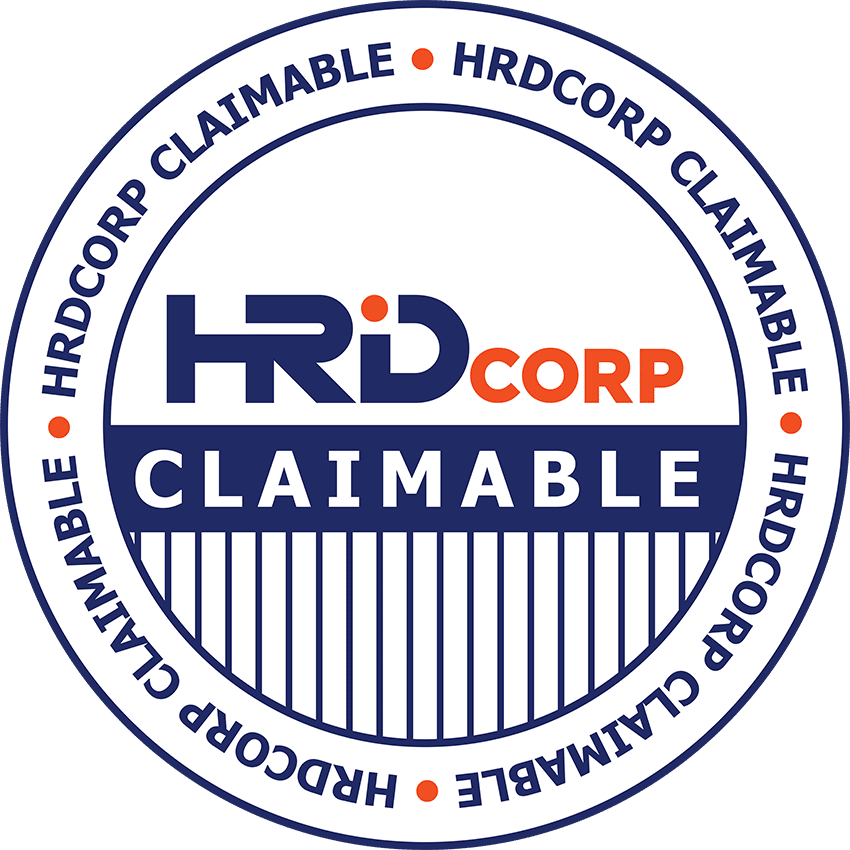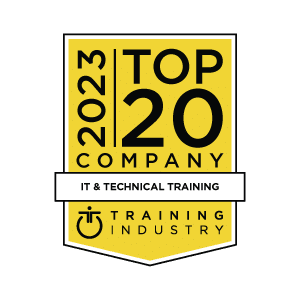Overview
Develop and validate the skills needed to use Red Hat Ansible Automation to manage automation at scale
Advanced Automation: Red Hat Ansible Best Practices with exam (DO448) is for experienced Red Hat® Ansible® Automation users who want to prove they have taken their Ansible skills to the next level, enabling scalable design and operation of Ansible Automation in the enterprise. You will explore better ways to automate tasks and use Red Hat Ansible Engine effectively, as well as how to leverage advanced features of Ansible to perform more complex tasks. You will also learn how to install and use Red Hat Ansible Tower to centrally coordinate your use of Ansible, control access to hosts and systems, and manage Ansible workflows through the web interface and the Red Hat Ansible Tower API.
This offering includes the Red Hat Certified Specialist in Ansible Automation: Ansible Best Practices exam (EX447) and is based on Red Hat Ansible Automation (Red Hat Ansible Engine 2.8 / Red Hat Ansible Tower 3.5) and Red Hat Enterprise Linux® 8.
Skills Covered
- Investigate recommended practices for effective and efficient automation with Ansible.
- Perform rolling updates with your Ansible Automation operations.
- Use advanced features of Ansible to work with data, including filters and plugins.
- Control applications through their REST API with Ansible Playbooks.
- Implement Red Hat Ansible Tower to centrally coordinate and scale Red Hat Ansible Automation.
- Leverage capabilities of Red Hat Ansible Tower to manage complex automation workflows.
- Implement a CI/CD pipeline for your automation with Git and Red Hat Ansible Tower.
Who Should Attend
This offering is designed for users who need to set recommended design patterns and operate automation practices at scale, including these roles:
- DevOps engineers
- Linux system administrators, developers
- Release engineers
- Other IT professionals with basic expertise using Ansible or Red Hat Ansible Engine to automate, provision, configure, and deploy applications and services in a Linux environment
Course Curriculum
Prerequisites
- Be a Red Hat Certified System Administrator (RHCSA), or demonstrate equivalent Red Hat Enterprise Linux knowledge and experience
- Red Hat Certified Engineer (RHCE) on Red Hat Enterprise Linux 8, or demonstrate equivalent Ansible experience
Course Modules
Exam & Certification
Red Hat Certified Specialist in Ansible Automation.
An IT professional who earns the Red Hat® Certified Specialist in Ansible Network Automation has demonstrated the skills, knowledge, and abilities needed to centrally manage network devices using Red Hat Ansible and is able to:
- Work with Git and perform basic Git operations
- Deploy Ansible on a control node
- Create and modify playbooks and run commands and plays
- Use standard Ansible constructs and modules
- Create and work with Ansible roles
- Use Ansible modules to automate network device management
- Use Ansible Tower
This certification is designed for IT professionals who are:
- Responsible for maintaining network devices
- Responsible for maintaining network infrastructure
- Interested in pursuing Red Hat Certified Architect (RHCA) certification.
This course is inclusive of exam. Should you wish to attend training only, please select DO447: Advanced Automation: Ansible Best Practices instead.


